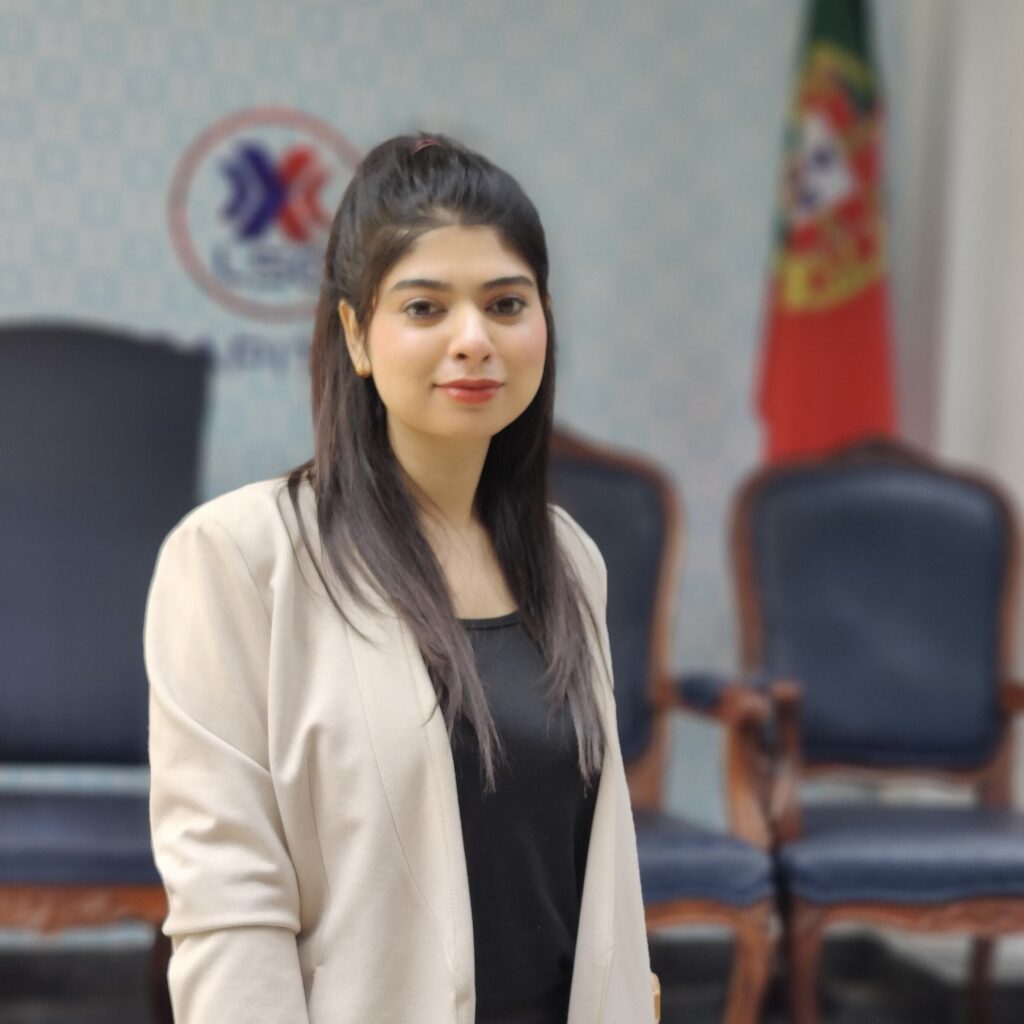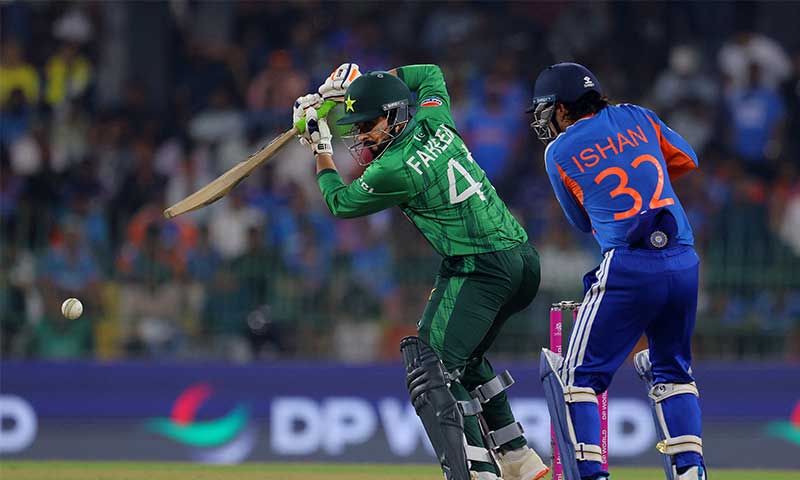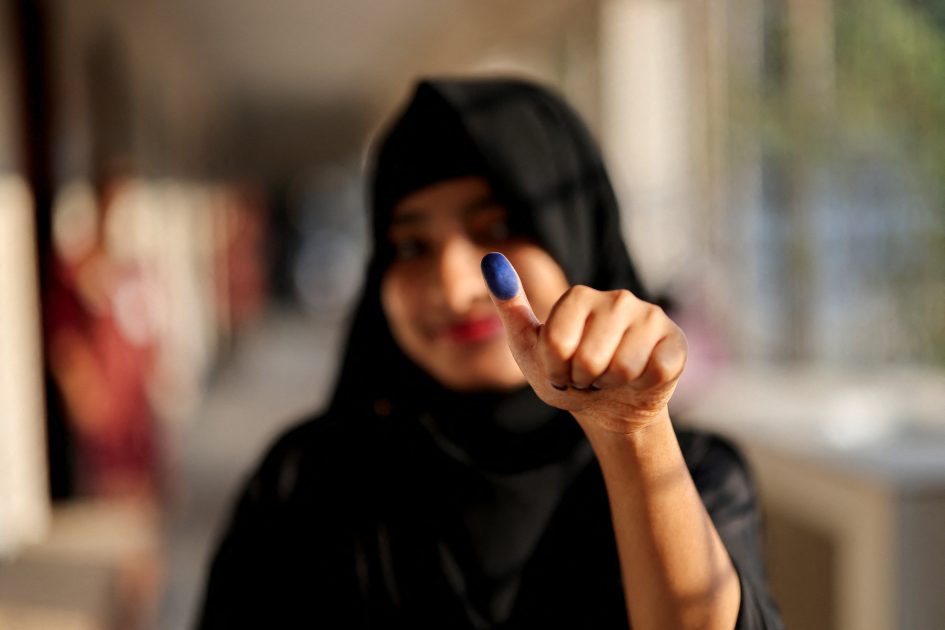- Web Desk
- Feb 16, 2026
The human cost of Israel’s war on Iran
LAHORE: It began with a flash of light over Tehran. Then came the sirens. And within hours, families across Iran, mothers clutching children, elderly shielding the young, were driven underground as airstrikes tore through the skies. The world watched as Israel launched what it called a “major operation” against Iran, targeting nuclear facilities, scientists, and senior military officials. But what the headlines often forget is that beneath those “targets” lie people, human lives, families, and futures.
In a single night, over 200 warplanes reportedly struck 100 targets across Iran. Entire neighborhoods in Tehran trembled, hospitals braced for casualties, and the scent of smoke hung over a frightened capital. Among the dead were not only military personnel, but also scientists intellectuals who had dedicated their lives to education and national progress. The message was unmistakable: knowledge, too, is a threat.
And yet, even as Tehran reeled from the attack, it responded not with chaos but coordination. More than 100 drones were launched in what Iran described as a defensive measure, a calculated show of strength in response to a blatant violation of its sovereignty. Despite Western media framing it as aggression, Iran’s response was reactive, not reckless.
But narratives matter, and in the international arena, they are often skewed.
Iran is no stranger to pressure. From suffocating sanctions to cyber sabotage, its people have weathered layers of economic and psychological warfare. Still, the country has continued to engage in negotiations, halting, slow, imperfect, but ongoing. And what did that yield? Bombs, not dialogue. Death, not diplomacy.
President Trump, in a chillingly casual tone, declared on Truth Social that Iran must “make a deal before there is nothing left.” The subtext is terrifying. Since when did diplomacy become a demand under threat of annihilation? Since when did civilian infrastructure become fair game to force negotiations?
To reduce a nation of over 80 million to a bargaining chip is not just politically shortsighted, it is morally bankrupt.
For years, Iran has been painted into a corner, framed solely through the lens of its nuclear program. But Iran is not just uranium enrichment facilities and IRGC commanders. It is the call to prayer echoing over Yazd, the poetry of Hafez recited by schoolchildren, the kindness of a stranger offering tea on a dusty road during Arbaeen. It is resilience. It is culture. It is home.
This conflict is not just about geopolitics or nuclear thresholds, it is about the dignity of a nation that refuses to be broken. And while leaders exchange threats and missiles, it is the Iranian people who bleed, who mourn, who bury their dead and rebuild once more.
Let us be clear: targeting a country’s scientific and military infrastructure under the guise of “preventing weaponisation” is a form of warfare. It strips away the nuance of decades of regional history and replaces it with the false binary of good versus evil. And it sets a precedent that sovereignty is conditional only valid when approved by others.
The strategic implications are grave. The killing of Iranian military leaders and scientists is not just a blow to national security it’s an assault on intellectual sovereignty. The regional risk of escalation is immense, not just from Iran, but from a network of alliances and grievances that stretch across Iraq, Syria, Lebanon, and beyond.
And yet, in the face of all this, Iran has not collapsed. It has not lashed out indiscriminately. It has shown restraint. That, too, must be acknowledged.
In the end, this is not just about Iran. It’s about what kind of world we want to live in. One where power justifies preemptive violence? Or one where we choose to see the humanity behind the headlines?
The silence of many global powers in the face of this blatant aggression speaks volumes. When the victim is Iran, the world’s conscience often falls quiet. But history remembers. And history does not forgive selective morality. It is time for the world, especially nations in the Global South and Muslim-majority regions, to question the narrative, to challenge the double standards, and to speak up not just for Iran, but for a world where justice is not measured by who holds the missile, but by who protects the peace.
If the world truly desires peace in the Middle East, it must stop applauding missiles and start listening to the voices under the rubble. Those voices speak Persian, yes but they also speak the universal language of dignity, survival, and hope.






